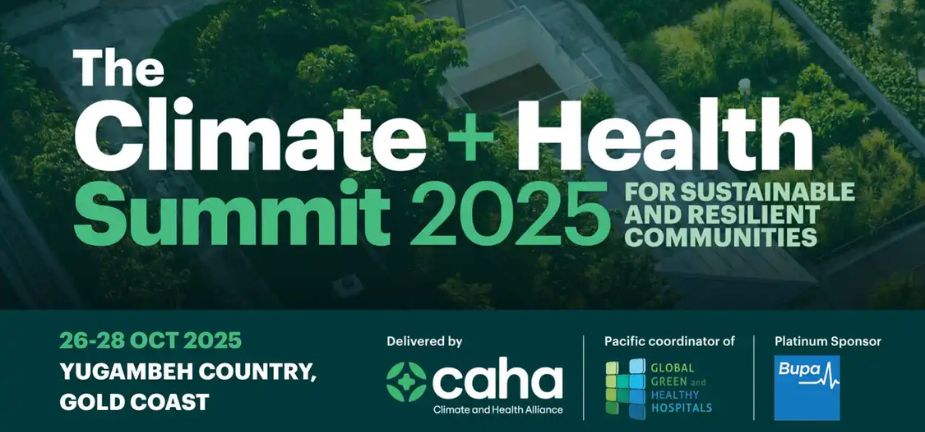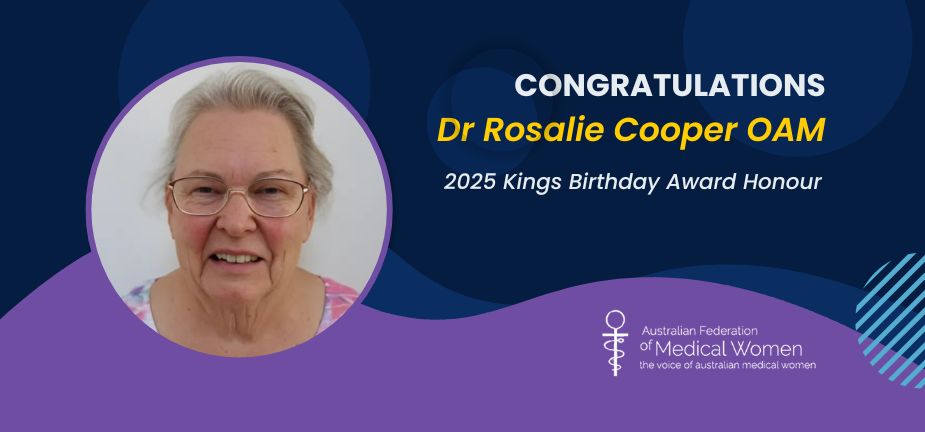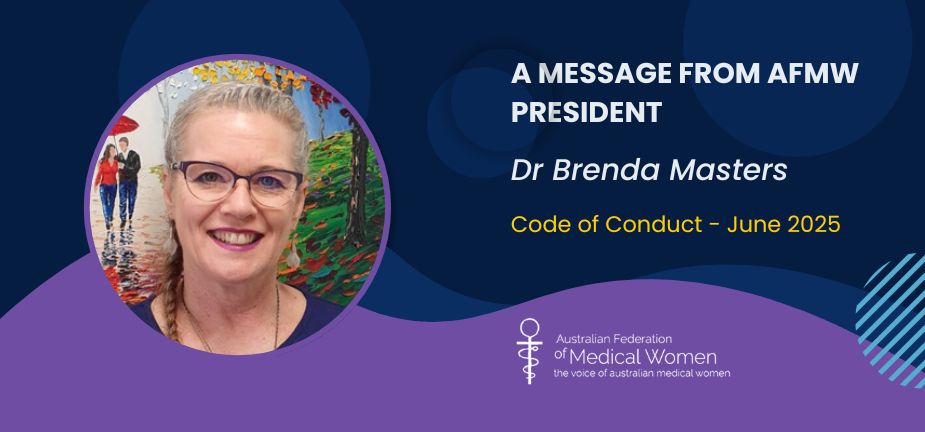In this article, originally posted in the AMA Victoria’s Leadership Insight, the authors suggest that it seems like there are more and more demands on our time and energy, with ‘work’ being one of the biggest culprits. Often these work demands are important and time-sensitive and do need to get done. However, saying ‘yes’ to everything is not the answer: Sometimes you need to say ‘no.’
Leadership insight #7 – 2022: Saying ‘no’: Why it’s an important leadership skill and how to do it
5 May 2022
We all have a lot on. These days it seems like there are more and more demands on our time and energy, with ‘work’ being one of the biggest culprits. Often these work demands are important and time-sensitive and do need to get done. However, saying ‘yes’ to everything is not the answer: Sometimes you need to say ‘no.’
Saying ‘no’ is an important leadership skill. It’s important because as a leader of ‘self’ and ‘others’ we must recognise our limits and boundaries, and those of others. Saying ‘no’ demonstrates effective leadership by acknowledging and managing theses limits and boundaries. The aim is to ensure that necessary and important work gets done AND people are looked after, skills and needs recognised and supported, and the workforce doesn’t get burnt out.
Why is saying ‘no’ an important skill?
It is important to be able to say ‘no’ to manage your multiple role(s) which often compete, your time and your capacity, as well as to prevent exhaustion and burnout. In the first instance this relies on good self-knowledge and awareness:
- How am I going in my role, is my workload manageable?
- Am I able to work effectively in a sustainable way?
- Will saying yes tip me over?
- If I do say yes, can I also ask for the support and resources I need, and perhaps delegate something to someone else?
We need to be able to say ‘no’ when we recognise that we are near, at or beyond our breaking points. When we are aware of this, it’s easier to think and talk about them in a productive way. With this awareness in mind, it is easier to say, “I can see that this is important, but I can’t take it on right now”. Your leader and peers should support you to say ‘no’ if you need to. Their success and effectiveness in role depend on you being well, capable, and efficient; so, remember that saying no can be part of good management to ensure you can do your current workload well.
What’s so hard about this anyway?
Many of us find it hard to say ‘no’ for a variety reasons. Most of us want to appear competent and effective, if not ambitious and motivated to go further; and we see saying yes to things – and saying yes to our senior leaders – as a way of signalling this. Furthermore, saying yes can mean opportunities to learn, develop, connect and, network. So, it is important to consider what is being asked. Does it serve you? Is it something you’re interested in? Is it a favour for someone you respect and admire? Is it important and time-critical? Does it fit within – or extend – your skill set?
It is usually easier to say ‘yes’ than to say ‘no’. It conveys competence and agency, as well as being nice and helpful – a team player. It’s much harder to say ‘no’ as we can fear it may be misinterpreted as ‘I’m not coping’, ‘I am not a team player’, or ‘I am not nice and helpful!’. We are also socialised to be polite and say ‘yes’ to our seniors – and this is especially so for women. Women receive many messages growing up that they should be nice, say yes, and help out whenever they can, and as a result, women can find it much harder to say ‘no’ than their male counterparts. This is certainly something we hear often from our members and coaching clients. For many women, saying ‘no’ requires additionally effortful thinking and behaviour, and often conscious practice to do it successfully.
Regardless of gender, the take-away here is that is it generally harder to say no than yes. And therefore, this can require extra practice. For leaders, bear this in mind where you are asking others to do things – are you listening to recognise someone who is trying to say no. do they need some support to express themselves?
Skill building: How do we say ‘No’ effectively
Research in this area [1] agrees that it is hard to say ‘No’ and recommends that to get better at it you need to practice. Actual practice, saying it out aloud, over, and over, to yourself, so you’re ready to say it confidently in the moment. Remember that you are saying ‘no’ to a specific request or task, not to the person. Being clear about this will support you to manage relationships.
So, why does it still feel hard sometimes? Sarah Greene, an emotional intelligence coach speaking on this episode ‘The answers no’ [2] , says that it’s the emotions that get in the way that make it hard: It’s hard to say no because we feel guilt (hear Sarah Green at 17mins in). We need to get away from this guilt through practicing saying‘ no’ so that we can do it confidently, recognising that the act of saying ‘no’ acknowledges the important work of managing boundaries, time, and energy.
She suggests the following steps:
- First, say something nice to show that you have considered the request and it’s not a knee jerk reaction: “Thanks for asking me / I am really interested in this work / I can see this is important”. This provides the context for the ‘no’.
- Then say ‘no’.
- Don’t give a reason, just politely say ‘no’: ’‘No, I can’t at the moment’. ‘No, but thanks for asking’.
- She cautions against automatically justifying or explaining your behaviour. It can be OK to just say no. automatically going into justification mode can lead to a conversation that may not be warranted or helpful to you.
- However, sometimes you do need to give a reason and to show that you are supporting the work. She suggests negotiating an alternative or helping to find another solution. For example, you might say “let me think about how I can help. But I can’t take this on right now”.
Dr Anna Clark (PhD)
AMAV Leadership development consultant, coach & educator
Dr Anna Clark is AMAVs Leadership consultant, coach and educator, currently offering individual coaching for doctors and directing the AMA’s professional development programs in leadership, the Emerging Leader Program and Middle Leader Program.
Resources and references
The references here below provide some further detail regarding how to say no. Always feel free to use the leader check-in call if you want to clarify or test your thinking in this area.
[1] Harvard Business Review’s Best on Saying No to More Work | HBR
[2] Ladies we need to talk podcast: Episode ‘The answers no’ | ABC
[Original article and photo credit]
Associate Professor Magdalena Simonis AM is a Past President of the AFMW (2020-2023), former President of VMWS (2013 & 2017-2020) and current AFMW National Coordinator (2024-2026). She is a full time clinician who also holds positions on several not for profit organisations, driven by her passion for bridging gaps across the health sector. She is a leading women’s health expert, keynote speaker, climate change and gender equity advocate and government advisor. Magda is member of The Australian Health Team contributing monthly articles.
Magdalena was awarded a lifetime membership of the RACGP for her contributions which include past chair of Women in General Practice, longstanding contribution to the RACGP Expert Committee Quality Care, the RACGP eHealth Expert Committee. She is regularly invited to comment on primary care research though mainstream and medical media and contributes articles on various health issues through newsGP and other publications.
Magdalena has represented the RACGP at senate enquiries and has worked on several National Health Framework reviews. She is author of the RACGP Guide on Female Genital Cosmetic Surgery and co-reviewer of the RACGP Red Book Women’s Health Chapter, and reviewer of the RACGP White book
Both an RACGP examiner and University examiner, she undertakes general practice research and is a GP Educator with the Safer Families Centre of Research Excellence, which develops education tools to assist the primary care sector identify, respond to and manage family violence . Roles outside of RACGP include the Strategy and Policy Committee for Breast Cancer Network Australia, Board Director of the Melbourne University Teaching Health Clinics and the elected GP representative to the AMA Federal Council. In 2022. she was award the AMA (Vic) Patrick Pritzwald-Steggman Award 2022, which celebrates a doctor who has made an exceptional contribution to the wellbeing of their colleagues and the community and was listed as Women’s Agenda 2022 finalist for Emerging Leader in Health.
Magdalena has presented at the United Nations as part of the Australian Assembly and was appointed the Australian representative to the World Health Organisation, World Assembly on COVID 19, by the Medical Women’s International Association (MWIA) in 2021. In 2023, A/Professor Simonis was included on the King’s COVID-19 Champion’s list and was also awarded a Member (AM) in the General Division for significant service to medicine through a range of roles and to women’s health.










